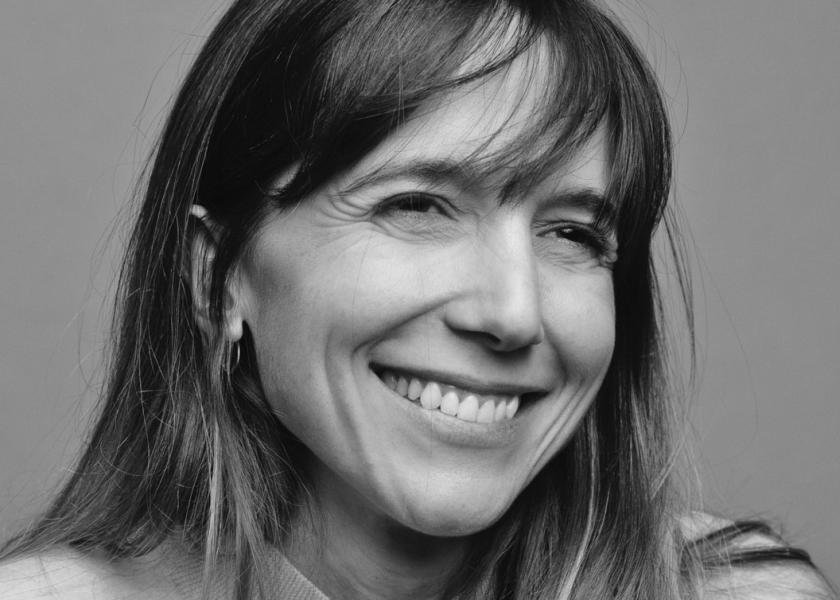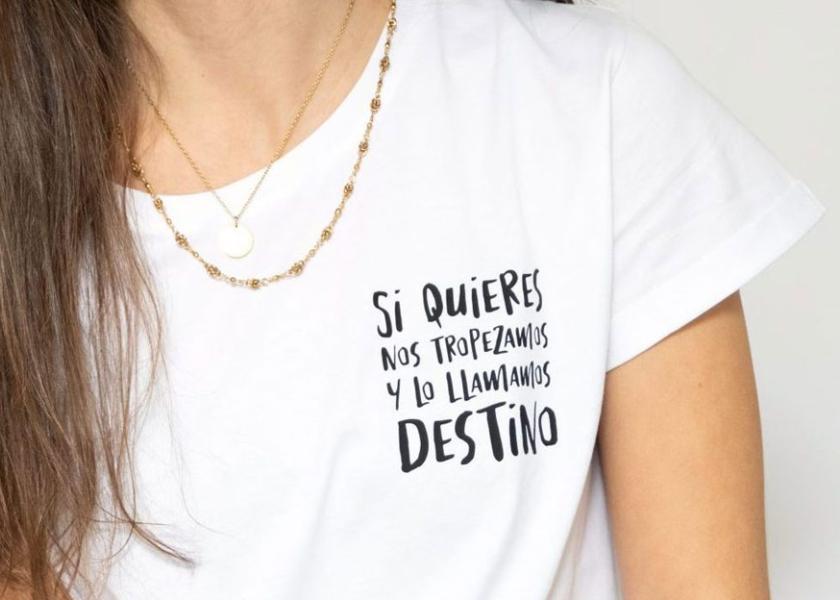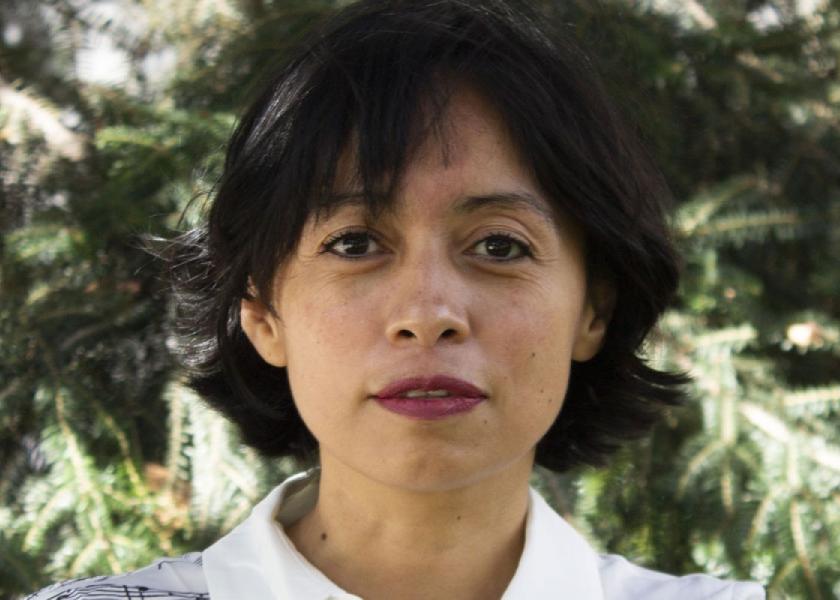Young Spanish women writers
New female universes

A new generation of Spanish women writers is breathing new life into the literary scene with novels that call on both intimacy and community, move the reader through honesty and stimulate reflections thanks to their strong commitment. Stories that delve into our recent past looking for echoes in the present, which broach nearby realities without sacrificing fantasy and that have an impact on the reader because of their courage and maturity.
Female literature is having a moment in Spain, largely thanks to the appearance of a new generation of women writers. Brave, original and committed voices who have conquered critics and come together with thousands of readers excited about new universes. Bookworms who are hungry for ambitious narratives told from other perspectives, stories that raise awareness about topics that have been invisible until now and languages that break the barriers of formality. After analyzing the boom of Latin American female writers, we now focus on a new series of Spanish female authors—all under 40—who have taken over from their predecessors, the renowned Sara Mesa (Madrid, 1976), Lara Moreno (Seville, 1978), Cristina Morales (Granada, 1985), Elena Medel (Córdoba, 1985), Laura Ferrero (Barcelona, 1984), Katixa Agirre (Vitoria, 1981), Sabina Urraca (San Sebastián, 1984), Ana Merino (Madrid, 1971), Elvira Navarro (Huelva, 1978) or Alana S. Portero (Madrid, 1978), to name a few. Do you want to get to know them?
Sara Barquinero
In 2024, Los escorpiones landed in Spanish bookshops, an epic novel that established Sara Barquinero (Zaragoza, 1994) as one of the leading figures in a new generation of Spanish women writers. Flaunting an ambitious narrative that has fallen into disuse—the book is over 800 pages long—, this Doctor of Philosophy expertly weaves together stories, eras and locations. We already caught a glimpse of this same expertise in her previous novel, Estaré sola y sin fiesta (2021). An author who reflects on the meaning of life in today’s world through original and socially committed lyricism.
Irene Solà
Catalan literature has Irene Solà (Malla, 1990), a worthy successor of some of its great writers like Mercè Rodoreda or Montserrat Roig. Her boldly unique and sensory writing, which is both lyrical and experimental, delves into the collective memory to lead us into eminently female worlds where harsh reality is woven with dreamlike symbolism. Something she also achieved in her two most acclaimed novels: When I sing, Mountains Dance (2019), awarded the European Union Literature Prize, and I Gave You Eyes and You Looked Toward Darkness (2023).
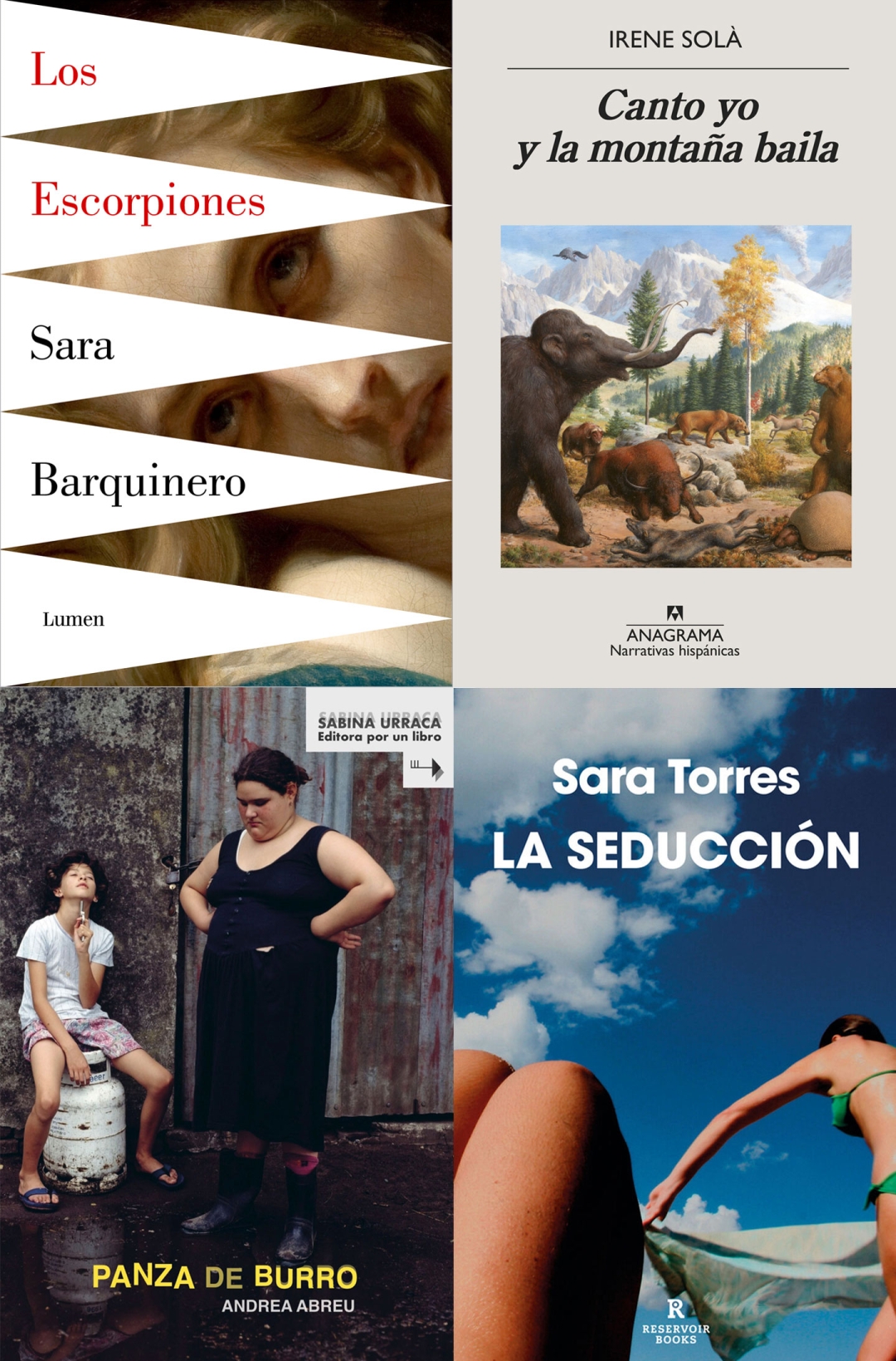
The most outstanding works by writers Sara Barquinero, Irene Solà, Andrea Abreu and Sara Torres. © Lumen / Anagrama / Barrett / Reservoir Books
Andrea Abreu
The 2020 Spanish publishing phenomenon was undersigned by a young writer from the Canary Islands called Andrea Abreu (Icod de los Vinos, 1995). We’re talking about Panza de burro, the novel that revealed “neo-rural peddler expressions” typical of the Canaries, as the author herself described it, and that introduced us to an unforgettable character: Isora. Winner of the 2023 Festival Eñe - Talento a bordo Award, she was also selected by the prestigious literary magazine Granta as one of the top 25 young writers in Spanish. A pure, authentic and visceral voice who continues working on her much-anticipated second novel.
Sara Torres
Despite her youth, Sara Torres (Gijón, 1991) is a prolific writer. After her debut in the field of poetry with La otra genealogía (2014) and receiving the Gloria Fuertes Award, she established herself as a leading Spanish lyrical poet with Phantasmagoria (2019) or El ritual del baño (2021). She switched to narrative with What Is (first published in Spanish as Lo que hay in 2022), followed by Seduction (first published in Spanish as La seducción in 2024). With an intimate and refined poetic prose, she has probed the female body and desire from a queer perspective with devastating honesty. She recently visited Espacio Iberia.
Júlia Peró
Another female author who came to the world of literature through poetry is Júlia Peró (Barcelona, 1995). Her debut poetry collection—Anatomía de una bañera (2020)—, an intimate and visceral exploration of pain and guilt, showed signs of her immense talent. Her gift was affirmed after the launch of her first novel, Olor a hormiga (2024). With poetic harshness, she deals with themes like solitude, desire or the fear of growing old with just two characters between four walls. Enough to trigger an emotional conflict that leaves its mark on the reader.
Layla Martínez
With Woodworm (first published in Spanish as Carcoma in 2021), her first novel, Layla Martínez (Madrid, 1987) reached a milestone: being nominated for the prestigious US National Book Award. No small feat for a story set in Cuenca that burrows into the wounds of the Spanish Civil War and flirts with horror throughout its little more than 100 pages. As compelling as it is vibrant, this work deals with themes like domestic violence and class struggle with an intense and evocative language inherited from her poetic beginnings. Since 2014, she also leads a small independent publishing house: Levanta Fuego.
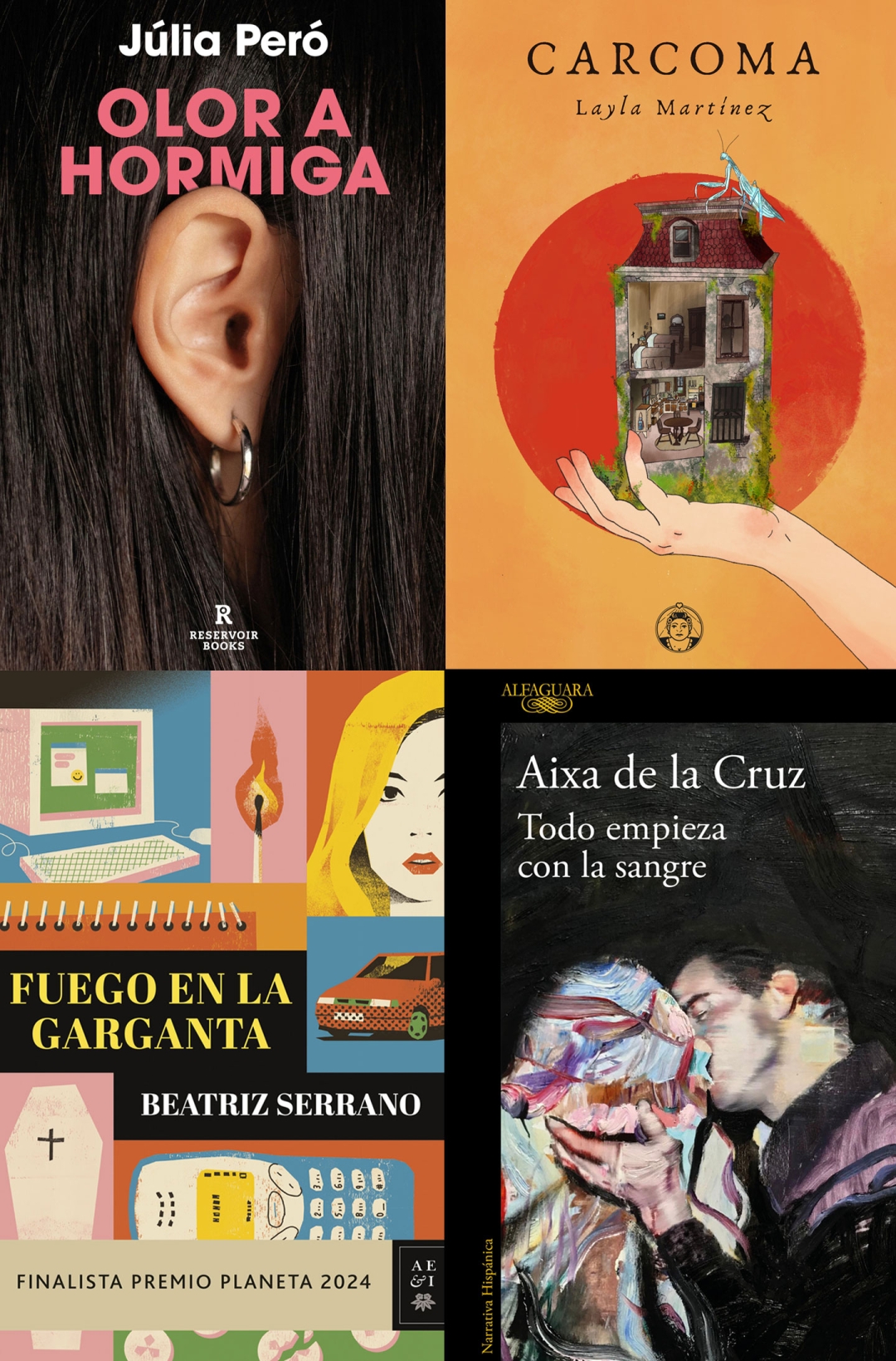
The most outstanding works by writers Júlia Peró, Layla Martínez, Beatriz Serrano and Aixa de la Cruz. © Reservoir Books / Amor de Madre / Planeta / Alfaguara
Beatriz Serrano
Part of the last edition of Espacio Iberia with her acclaimed podcast Arsénico Caviar, the appearance of journalist Beatriz Serrano (Madrid, 1989) on the literary scene has been spectacular. Her first novel, Discontent (first published in Spanish as El descontento in 2023), turned into a publishing phenomenon and has been translated into more than ten languages. Funny, bitter and corrosive, it’s a scathing analysis of the labour market. Shortly after, she released Fuego en la garganta (2024)—finalist of the popular Planeta Prize—, a story about hidden families that moves its readers through its closeness and sensibility.
Aixa de la Cruz
Writer Aixa de la Cruz (Bilbao, 1988) combines intimacy and politics in her writing, building intensely emotional novels that dive into the love, desire and identity of an entire generation from a feminist perspective. After three promising novels—Cuando fuimos los mejores (2007), De música ligera (2009) and La línea del frente (2017)—she established herself with Cambiar de idea (2019), winner of the Euskadi Prize. Then came two mature works of indisputable quality, Las herederas (2022) and Todo empieza con la sangre (2025).
The list doesn’t end here, given that there are dozens of young Spanish women writers worth following: Marta Jiménez Serrano (Madrid, 1990), Laura Chivite (Pamplona, 1995), Virginia Feito (Madrid, 1988), Elisa Victoria (Seville, 1995), Andrea Santiago (Pamplona, 1993), Paula Ducay (Santiago de Compostela, 1996), María Bastarós (Zaragoza, 1987), Irene Reyes-Noguerol (Seville, 1997), Raquel Delgado (Valladolid, 1988), Elvira Sastre (Segovia, 1992), Elena Correa (Tenerife, 1989), Julia Viejo (Madrid, 1991), Fer Rivas (Barcelona, 1994), María Roig (Barcelona, 1996), Leticia Sala (Barcelona, 1999), María Reig (Barcelona, 1992), Laia Viñas (Xerta, 1997)… Look for their books, turn their pages and dive into the universes of women called on to leave their mark on the present and future of Spanish literature.
